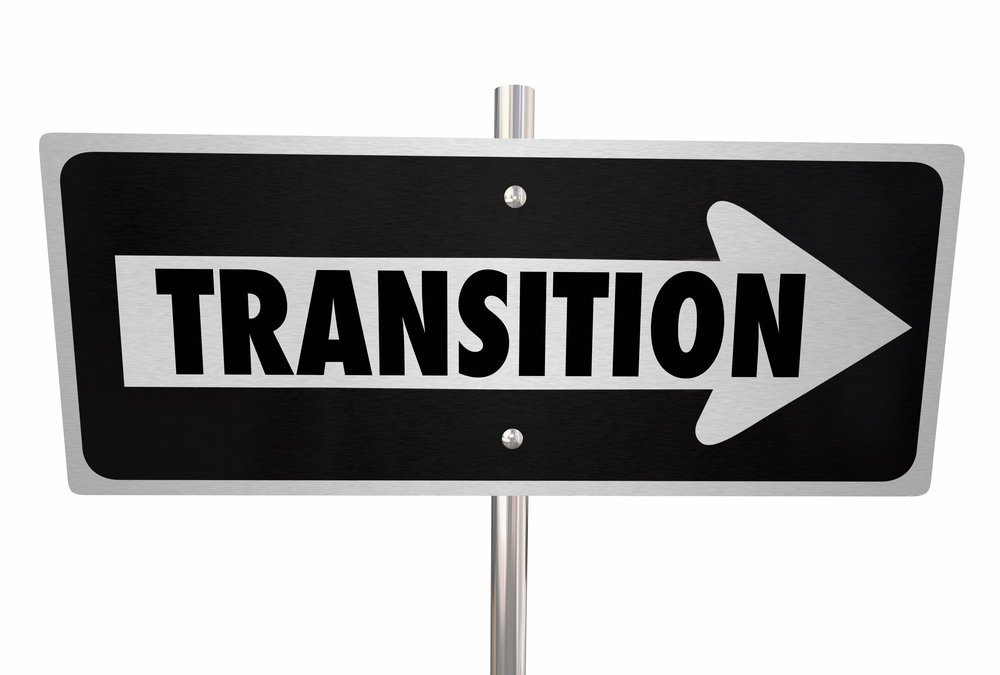Here are 10 likely impacts of President-Elect Donald Trump’s term for Federal procurements and contractors.
By Robert Nichols, Nichols Law LLP
- Regulatory Streamlining: Trump said he would restore the executive order, issued during his first term, that required agencies to eliminate two older regulations for every new regulation that would take effect. “This will effectively repeal a mountain of stealth regulations and threats that rogue bureaucrats have opposed without proper oversight,” Trump said.
- Regulatory Challenges: The U.S. Supreme Court recently curtailed agency deference in striking down Chevron, U.S.A., Inc. v. Natural Resources Defense Council, Inc. This, combined with Trump’s desire to eliminate agency discretion in rulemaking, may result in the Trump Justice Department being less willing to defend regulations in Administrative Procedure Act challenges.
- Grants vs. Contracts: Federal agencies spend far more funds on grants and cooperative agreements than on procurement contracts. Agencies often use these methods to avoid competition and the bid protest process—contrary to the Federal Grants and Cooperative Agreements Act of 1977. Trump may order an overhaul of agency regulations and actions to require greater compliance with the law, and the Trump Justice Department may be less willing to defend agency violations in bid protests.
- “America First” Approach: Trump’s emphasis on an “America First” policy will likely prioritize domestic manufacturing and more awards to American companies over foreign suppliers. Existing trade agreements might be renegotiated to favor U.S. businesses, impacting international procurement dynamics.
- Small Businesses: With a focus on domestic procurement, small businesses might find new opportunities to compete for government contracts. However, larger corporations with established government ties could dominate, making it harder for smaller players to gain a foothold.
- 8(a) Program: The Supreme Court’s ruling against race-based admissions at Harvard University already opened the door to rolling back race-based programs. The SBA has been accused of sidestepping this ruling in its administration of Section 8(a) programs to afford racial and gender preferences. Trump’s second administration may overhaul this program.
- Defense Spending:Expect continued emphasis on defense spending, which could lead to increased procurement in this sector.
- Infrastructure Projects: Infrastructure could also be a focus, with potential for large-scale projects that require significant procurement efforts.
- Social Spending: During his first administration, Trump tried to use rescission, a budgetary mechanism, to avoid spending appropriated funds for foreign aid. Expect an increased use of this technique with budgets for agencies Trump disfavors (e.g., the U.S. Agency for International Development, the Department of Education).
- Environment, Social, and Governance: On November 14, 2022, the U.S. Department of Defense, the General Services Administration, and the National Aeronautics and Space Administration proposed to require certain federal contractors to disclose their greenhouse gas emissions and climate-related financial risks and set science-based targets to reduce their greenhouse gas emissions. Such attempts to use Federal procurement dollars toward ESG objectives will likely get far less traction in the new administration.
Perhaps even more than with prior administration changes, Federal agencies, contractors, and not-for-profits should remain informed, adaptive, and proactive in navigating the potential shifts within the procurement process under the second Trump administration.
